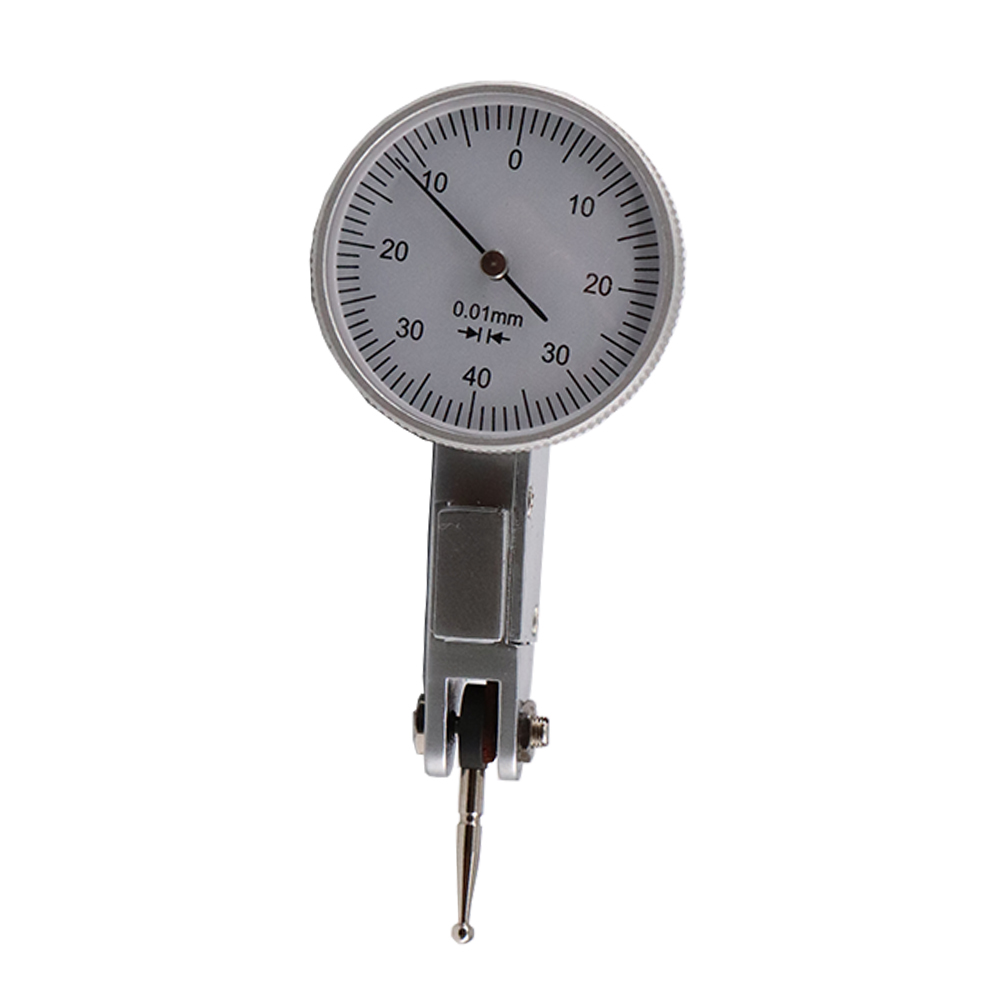bore gauge Suppliers
Finding reliable bore gauge suppliers can be challenging. This guide provides an overview of key considerations when selecting a supplier, different types of bore gauges available, factors affecting price, and essential questions to ask potential vendors to ensure you get the best product and service for your needs.
Understanding Bore Gauges and Their Applications
A bore gauge, also known as a cylinder gauge, is a precision measuring instrument used to determine the internal diameter (ID) of a hole or cylinder. It's commonly used in manufacturing, automotive repair, and quality control to ensure parts meet specified tolerances. The accuracy of a bore gauge is crucial for ensuring the proper fit and function of components.
Types of Bore Gauges
Several types of bore gauges are available, each with its own advantages and disadvantages:
- Dial Bore Gauges: These gauges use a dial indicator to display the measurement. They are relatively easy to use and provide quick readings.
- Electronic Bore Gauges: These gauges offer digital readouts, providing greater accuracy and often featuring data logging capabilities.
- Telescoping Bore Gauges: Also known as snap gauges, these are used in conjunction with an external micrometer to determine the bore size. They are suitable for measuring larger bores.
- Small Hole Gauges: Designed for measuring very small bores, these gauges typically use a ball-ended rod that expands to contact the bore wall.
The choice of bore gauge depends on the size of the bore being measured, the required accuracy, and the application.
Key Considerations When Choosing Bore Gauge Suppliers
Selecting the right bore gauge supplier is essential for ensuring you receive high-quality instruments and reliable service.
Quality and Accuracy
The primary consideration is the quality and accuracy of the bore gauges offered. Ensure the supplier provides gauges that meet industry standards, such as ISO or ANSI. Ask for calibration certificates to verify the accuracy of the instruments.
Range and Resolution
Consider the range and resolution of the bore gauges. The range refers to the range of bore sizes the gauge can measure, while the resolution is the smallest increment that can be measured. Choose a gauge with a range and resolution that meets your specific measurement requirements.
Supplier Reputation and Experience
Research the supplier's reputation and experience in the industry. Look for suppliers with a proven track record of providing high-quality bore gauges and excellent customer service. Read online reviews and testimonials to get an idea of other customers' experiences.
After-Sales Support and Service
Ensure the supplier offers adequate after-sales support and service, including calibration, repair, and technical assistance. A reliable supplier should be able to provide timely support to address any issues or questions you may have.
Price and Value
While price is an important consideration, it shouldn't be the only factor. Consider the overall value offered by the supplier, including the quality of the bore gauges, the level of service, and the warranty provided. Cheaper gauges may not offer the accuracy or durability required for demanding applications.
Questions to Ask Potential Bore Gauge Suppliers
Before making a decision, ask potential bore gauge suppliers the following questions:
- What is the accuracy and resolution of your bore gauges?
- Do your gauges meet industry standards (e.g., ISO, ANSI)?
- Do you provide calibration certificates?
- What is the warranty period for your gauges?
- What after-sales support and service do you offer?
- Can you provide references from other customers?
- What is the lead time for delivery?
- Do you offer training on how to use and maintain the gauges?
Factors Affecting Bore Gauge Prices
The price of a bore gauge can vary depending on several factors:
- Type of Gauge: Electronic bore gauges are typically more expensive than dial bore gauges due to their advanced features and greater accuracy.
- Range and Resolution: Gauges with a wider range and higher resolution tend to be more expensive.
- Brand: Established brands with a reputation for quality often charge a premium.
- Features: Additional features, such as data logging and wireless connectivity, can increase the price.
- Supplier: Different suppliers may offer different pricing based on their overhead costs and profit margins.
Comparing prices from multiple suppliers is essential for finding the best deal. Consider reaching out to Wayleading Tools for a competitive quote on high-quality bore gauges.
Maintenance and Calibration of Bore Gauges
Proper maintenance and calibration are crucial for ensuring the accuracy and longevity of bore gauges.
Cleaning and Storage
Clean the bore gauge regularly to remove dirt, debris, and contaminants. Store the gauge in a protective case or container to prevent damage. Avoid exposing the gauge to extreme temperatures or humidity.
Calibration
Calibrate the bore gauge periodically to ensure its accuracy. The frequency of calibration depends on the usage and application. Follow the manufacturer's recommendations for calibration procedures. Use calibrated reference standards to verify the accuracy of the gauge.
Conclusion
Choosing the right bore gauge supplier requires careful consideration of several factors, including quality, accuracy, reputation, and service. By asking the right questions and comparing prices from multiple suppliers, you can find a reliable vendor that provides high-quality instruments and excellent support.
| Type | Accuracy | Application | Cost |
|---|---|---|---|
| Dial Bore Gauge | ±0.001 inch | General purpose | Moderate |
| Electronic Bore Gauge | ±0.0001 inch | High precision | High |
| Telescoping Bore Gauge | Dependent on micrometer | Large bores | Low |
| Small Hole Gauge | ±0.0005 inch | Small bores | Moderate |
Related products
Related products
Best selling products
Best selling products-
 Straight Shank ER Collet Chuck Holders With Extending Rod
Straight Shank ER Collet Chuck Holders With Extending Rod -
 Precision V Block And Clamps Set With High Quality Type
Precision V Block And Clamps Set With High Quality Type -
 HSS Threading Taps – ISO 529, Straight Flute, Spiral Flute & Spiral Point
HSS Threading Taps – ISO 529, Straight Flute, Spiral Flute & Spiral Point -
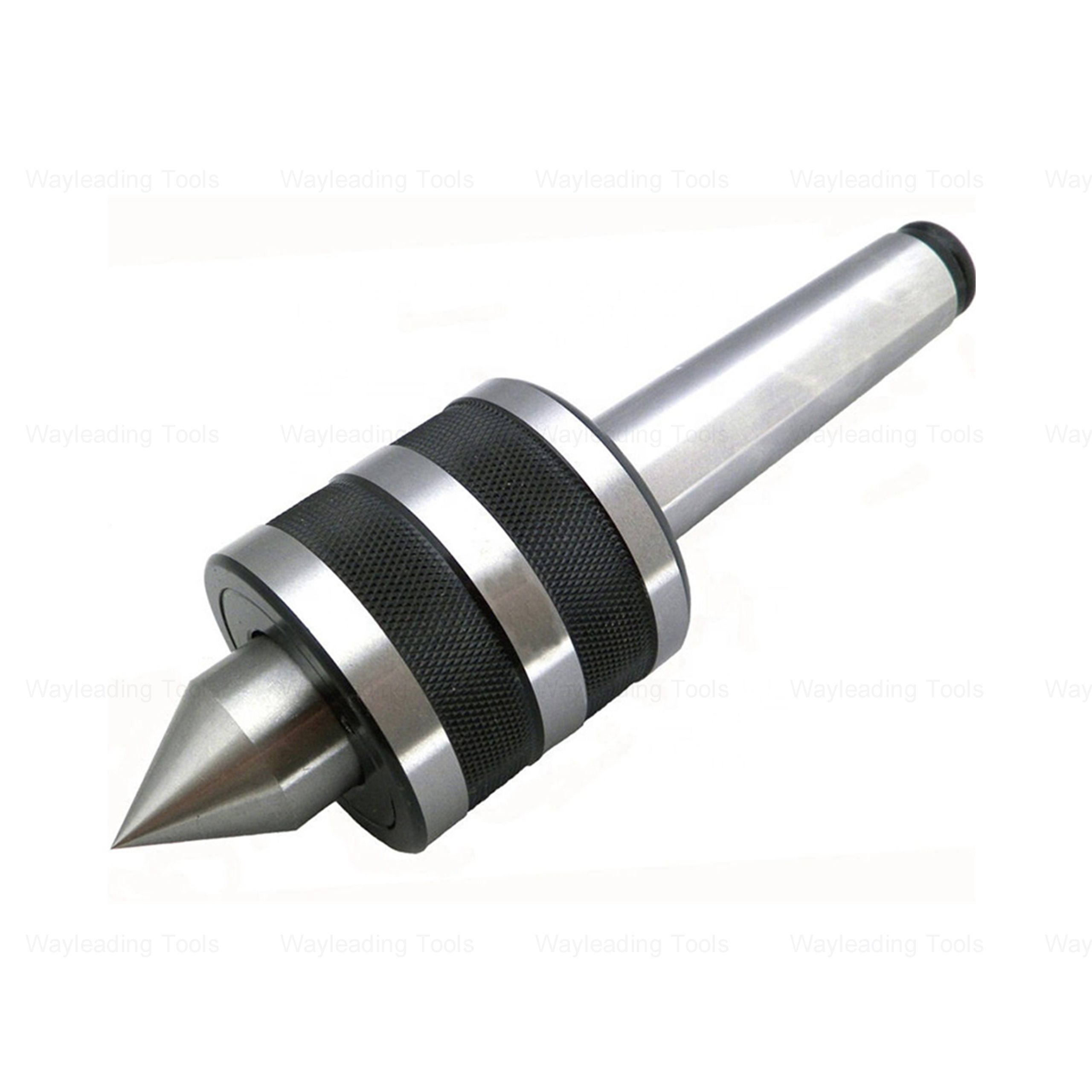 High Precision Medium-Duty Live Center – Hardened Tip, Morse Taper Shank
High Precision Medium-Duty Live Center – Hardened Tip, Morse Taper Shank -
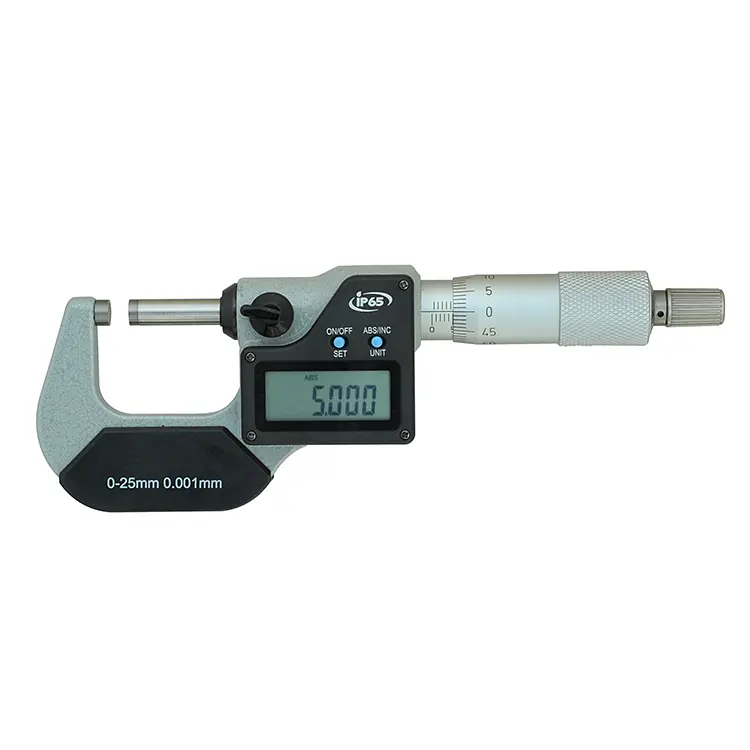 Precision IP65 Digital Outside Micrometer Of Inch & Metric With Data Output
Precision IP65 Digital Outside Micrometer Of Inch & Metric With Data Output -
 Type B Cylinder Tungsten Carbide Rotary Burr
Type B Cylinder Tungsten Carbide Rotary Burr -
 TCT Annular Cutters With Weldon Shank For Metal Cutting
TCT Annular Cutters With Weldon Shank For Metal Cutting -
 Adjustable Tap And Reamer Wrench For Thread Cutting Tools
Adjustable Tap And Reamer Wrench For Thread Cutting Tools -
 Precision V Block And Clamps Set With Industry Type
Precision V Block And Clamps Set With Industry Type -
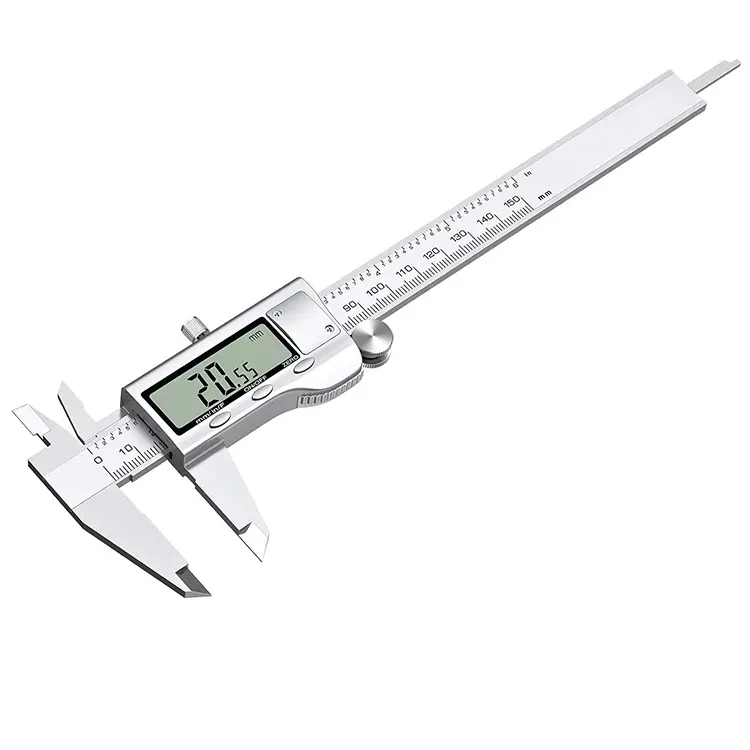 Precision Digital Caliper Of Metal Case For Industrial
Precision Digital Caliper Of Metal Case For Industrial -
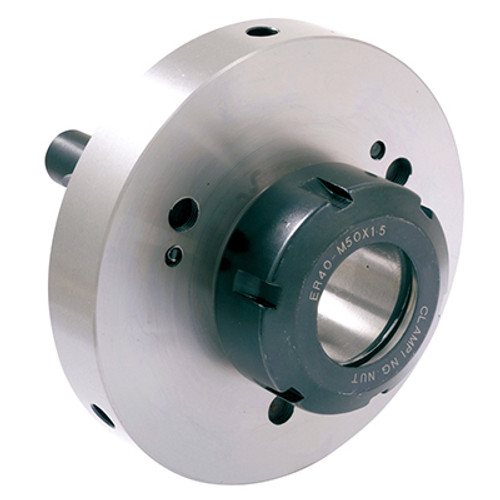 Camlock ER Collet Fixture With Lathe Collet Chuck
Camlock ER Collet Fixture With Lathe Collet Chuck -
 Precision V Block Set With M Type
Precision V Block Set With M Type




